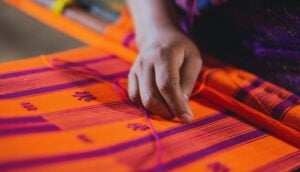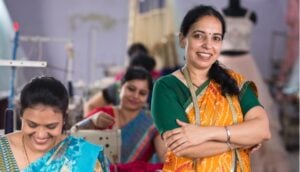The Annual General Meeting (AGM) of Bonsucro, originally known as the Better Sugarcane Initiative, is taking place in Manila this week. I remember the first AGM in São Paulo, Brazil, in 2008. It was a small group then, about 25 people. I participated in the review of the first draft Production Standard, visited the São Manoel, Copersucar sugar mill, and had a chance to exchange ideas, concerns, and discuss opportunities with sugarcane farmers, processors, biofuel companies, peers, and civil society members. My objective was to get a better understanding of the Better Sugarcane Initiative’s direction and progress, and determine if and how The Coca-Cola Company was going to continue to support this initiative. I left that first AGM knowing that:
- This was an important, multi-stakeholder initiative that had the potential to define and measure improvements in the key economic, environmental and social impacts of sugarcane production.
- That having all the stakeholders, including small and large producers, processors, biofuel and sugar end users, traders and civil society, in a precompetitive environment, was essential to making transformational change. And,
- That The Coca-Cola Company had much to learn and much to contribute to this effort. We would not sit on the sidelines, but be an active participant in this industry that is so important to our business.
Since announcing our public commitment to sustainably source key ingredients in June 2013, we have been engaging our suppliers to develop action plans to deliver sugar produced in line with our Sustainable Agriculture Guiding Principles and independently third-party verified. The Bonsucro Production Standard and Certification meets our expectations and we are in the process of getting Bonsucro Chain of Custody (COC) certified. We have negotiated with our suppliers to deliver a significant amount of Bonsucro certified sugar and expect to begin taking shipments shortly, once we have the COC certification.
And The Coca-Cola Company is not the only one taking action. Today, more than 200 growers, mills, refiners, traders, and end users in more than 25 countries belong to Bonsucro. Twelve major global buyers of sugarcane-based sugar and ethanol have made explicit commitments, including some of the leading names in the food and beverage industry. Almost 4% of global sugarcane surface and about 56 million metric tons of sugar have been certified.
Now that we have accumulating experience under our belts, what can we learn? What are the challenges? And how can we expand and scale? This brings me to my final thought and challenge: how do we deliver on the Bonsucro Vision of a sugarcane sector that is continuously improving and verified sustainable?
This is a question not only for Bonsucro and its members, but also to others working with and within the sugarcane industry. Can Bonsucro become a global platform, embracing all efforts to improve the sector? Providing a platform for collaboration? For sharing learnings and experiences? For recognizing the variety of approaches, driven by consumer expectations, dynamic supply chains, regulatory constraints, and dramatically different scales of production from one or two hectare farms to several thousand hectare farms?
A new report, set to be released early next year by the CSR Initiative at the Harvard Kennedy School and Business Fights Poverty, identifies six building blocks necessary to align the incentives of growers, mills, refiners, traders, and buyers in favor of more sustainable production and procurement at scale. The report notes progress made by a wide variety of stakeholders and the challenges that remain. It also identifies a number of key questions that will be critical to address to help accelerate change.
There is enormous pressure on the agriculture sector to deliver food security, environmental sustainability, and economic opportunity. We’re going to have to do more with less. And, frankly, we’re going to have to work together. No one company, government, or civil society organization can catalyze sustainability at scale alone. I challenge all of us to think bigger, to accelerate progress, to be inclusive. It’s going to take all of us to achieve this vision.
Email Natasha Ncube to receive a copy of “Collaborating for Change: Building Blocks for Sustainability at Scale” when it comes out in early 2015.










